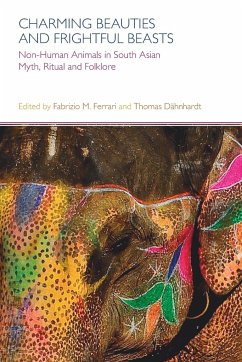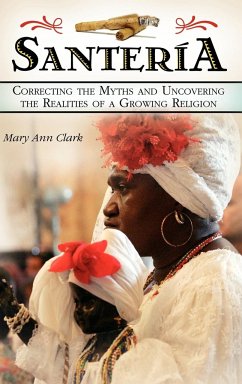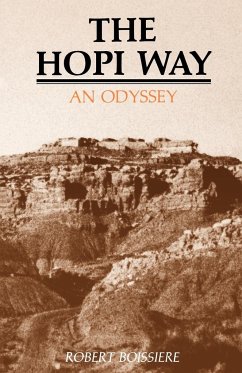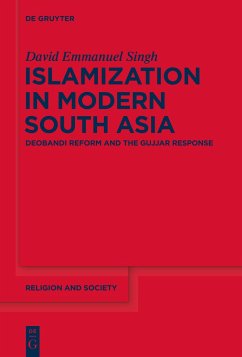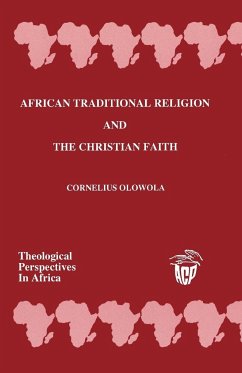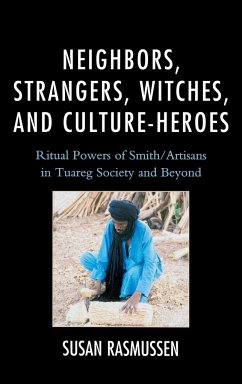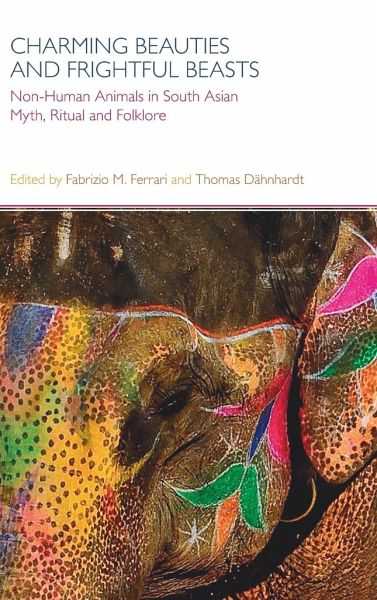
Charming Beauties and Frightful Beasts
Versandkostenfrei!
Versandfertig in 1-2 Wochen
94,99 €
inkl. MwSt.

PAYBACK Punkte
47 °P sammeln!
The study of non-human animals as other-than-human persons (including animal-spirits and divine animals) has marked a significant shift in the ethics and politics of the academic study of religion. Charming Animals and Frightful Beasts investigates how South Asian religions, with their sacred narratives, ritual and non-ritual practices and performances, bear witness to the active presence of non-human animals as both culture makers/bearers and symbols of spirituality. With bourgeoning debates on religion, indigeneity, ecotheology and environmentalism, this volume urges for a promotion and an i...
The study of non-human animals as other-than-human persons (including animal-spirits and divine animals) has marked a significant shift in the ethics and politics of the academic study of religion. Charming Animals and Frightful Beasts investigates how South Asian religions, with their sacred narratives, ritual and non-ritual practices and performances, bear witness to the active presence of non-human animals as both culture makers/bearers and symbols of spirituality. With bourgeoning debates on religion, indigeneity, ecotheology and environmentalism, this volume urges for a promotion and an in-depth analysis of the roles and places of animals in South Asian traditions. The structure of the book reflects that of the most popular collection of folktales on animals in South Asia, the Pañcatantra. Such an arrangement creates the backbone for an articulate, clear and reasoned discussion on animals and the concept of animality in different South Asian traditions, or various aspects of the same tradition. Like the original Sanskrit text, the volume is divided into five books (tantras), each dealing with themes as different as South Asian animals as divine messengers, restorers of order, symbols of cultural identity, exemplary beings, spiritual teachers, objects of human reverence and portents symbolizing the life cycle, including its inevitable end.





